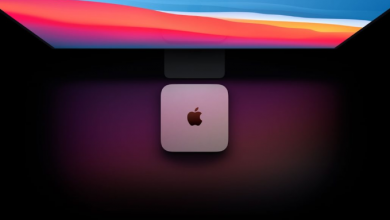
Traffic on Bing is dropping and may be related to the drop in hype of your AI
Traffic analytics sites show that Microsoft is losing the “momentum” that Bing acquired after the launch of AI search. Also called Bing Chat, generative AI has taken the search engine to the mark of 100 million daily active users. But six months after the launch, growth “seems” to have stopped.
Data published by SimilarWeb, StatCounter and YipitData, companies that perform internet traffic analysis, shows that Bing’s audience has either stagnated or declined since the start of the year — even counting the time before its search AI launched. However, Microsoft continues to say that Bing is gaining ground.
The three traffic analytics companies take into account both the use of the “traditional search engine” and the movement in Bing Chat. David Carr, senior manager of “insight” at SimilarWeb, told ZDNet that perhaps the data pertaining to searches for the Edge sidebar widget has been beaten — and so there’s a difference with what Microsoft reports. However, Carr says that absence would not be impactful.
In the Statcounter report, Bing went from 3.03% market share in January to 2.99% in July. On SimilarWeb, the analyses show a stagnation: 3.23% since January, even before the launch of Bing Chat. In YipitData, the scenario is “better”. The company shows that there was a growth in April and a fall in June. However, the 97.7 million users in the 6th month is 2 million more than the February traffic.
With everyone wanting to use Microsoft’s artificial intelligence to do searches, Big Tech’s search engine reached 100 million daily users—I was theirs. Bing Chat/generative AI for searches brings text answers to the user, decreasing clicks on pages. The problem is that AI (and Bing itself) are bad.
You can ask Bing Chat for a recipe, tips on sights in some city, but it still fails to bring you newer results. Try using it to know if your team has won a match and it will answer about a game that happened days ago and still miss the following games.
Bing, the “classic search engine”, explains why it does not surpass Google: the results are not good or are poorly positioned. For example, searching BlueSky on Bing shows several news about the social network, but does not bring on the first page the official website of the platform. Repeat the test on Google and the microblogging link is the first.
Although artificial intelligences developed with a large language model promise a great evolution in our use of technologies, they are still in their infancy. Therefore, a Bing Chat or Bard (Google) still fail at several points. On the bright side, Microsoft Copilot could be a more successful tool for Bill Gates’ company.




